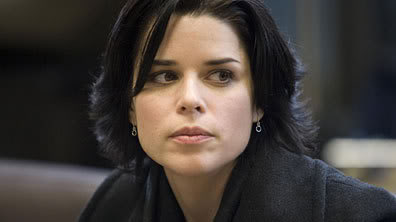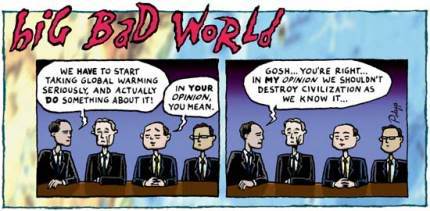
by Shaun Chamberlin | Jul 27, 2008 | All Posts, Climate Change, Cultural stories, Favourite posts, Philosophy, Politics
Since my earlier review of Burn Up I have discovered a comment on the film posted yesterday by Jeremy Leggett, one of the few with any media profile to openly discuss the interplay of peak oil and climate change. In his piece Leggett asks: “Why do the...

by Shaun Chamberlin | Jul 27, 2008 | All Posts, Climate Change, Cultural stories, Peak Oil, Politics, Reviews and recommendations
I have just watched the BBC’s outstanding thriller Burn Up, starring Rupert Penry-Jones, Marc Warren, Bradley Whitford and Neve Campbell (trailer available here). It is a dramatic account of the intrigue, betrayal, sex and violence surrounding characters in the...

by Shaun Chamberlin | Jul 2, 2008 | All Posts, Climate Change, Politics, TEQs (Tradable Energy Quotas)
My mother pointed out to me that on Saturday Colin Challen MP, Chair of the UK Government’s All Party Parliamentary Climate Change Group, had a letter published in the Guardian. After numerous other eminently sensible suggestions about how the Government should...

by Shaun Chamberlin | Jun 22, 2008 | All Posts, Favourite posts, Peak Oil, Politics
I find myself wondering if our current political system (like so much else in our modern culture) might be partially a product of the bonanza of abundant cheap energy we have been enjoying for the last century or two. Have we been so comfortable that the pressure has...

by Shaun Chamberlin | Jun 8, 2008 | All Posts, Climate Change, Cultural stories, Favourite posts, Peak Oil, Politics, TEQs (Tradable Energy Quotas)
In the climate policy community there is a growing debate between advocates of ‘upstream’ and ‘downstream’ carbon caps (dams?). The terms draw an analogy between the flow of water in a stream and the flow of energy through an economy....

by Shaun Chamberlin | Jun 7, 2008 | All Posts, Climate Change, Favourite posts, Politics, TEQs (Tradable Energy Quotas)
Last week Mark Lynas wrote an article for the New Statesman in which he surprisingly argued against carbon rationing. As he acknowledges, this is a complete reversal from his earlier article in which he argued for it in the strongest of terms. Unfortunately, I believe...








Recent Comments